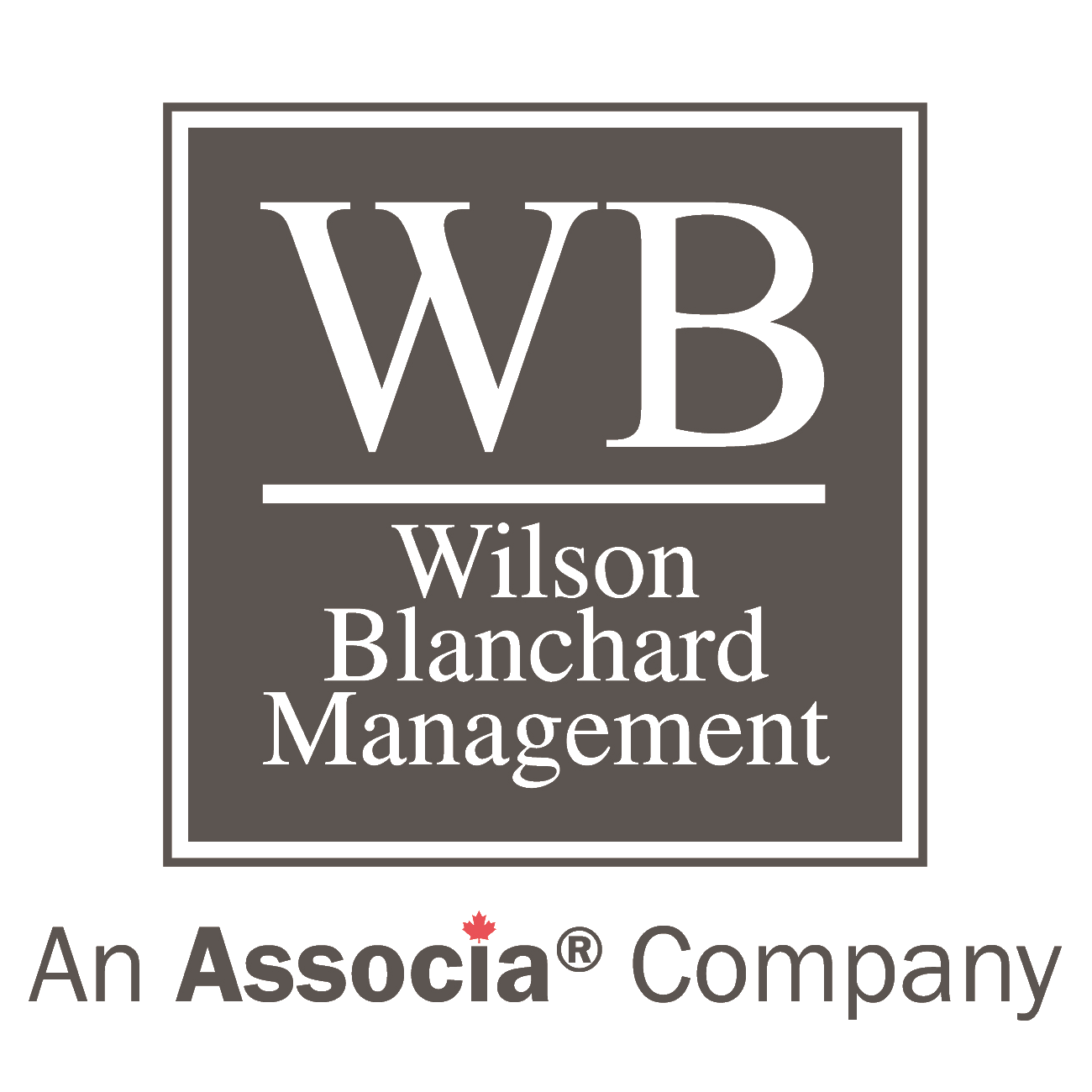A Breakdown of the 4 Types of Condo Meetings
Every condominium corporation must hold critical meetings throughout the year. The type, intention, and frequency of these gatherings vary by community, but most fall into the following categories: board meeting, annual meeting, committee meeting, and special or emergency meeting. Each meeting plays a vital role in the governance of the corporation, and understanding the structure and purpose is crucial to success. Read on to learn about the four different types of meetings, what happens at them, who attends, why they’re important, and more.
Board Meeting
The most common condo meeting, board meetings are meetings of elected leaders to conduct the business of the corporation. Board meetings should be orderly, respectful, and cordial, and only items included in the established agenda should be addressed. Minutes should also be taken and made available after the meeting.
The frequency and notification requirements for board meetings vary by community and governing documents.
- Who attends? Elected leaders, the condo manager, or other management team members will be present and help with preparation and execution.
- What’s discussed? Corporation operations, including policy setting, maintenance reports, dispute resolutions, and future plans.
- When does it happen? Typically monthly or quarterly.
- Why is it important? Things like budgets, landscaping, and emergency planning need constant attention, and this is the time in which the board can get together to discuss such issues.
Annual Meeting
Required by the corporation’s governing documents, annual meetings are the main meeting for a condo community. Annual meetings have both a legal and functional purpose. At least a 40-day preliminary notice and 17-day meeting notice is needed, and minutes should be taken and be available for owners after the meeting.
- Who attends? All owners, board members, and management representatives.
- What happens? Elect new board members, present the annual audit, discuss actions taken by the board, hear committee reports, announce capital projects, celebrate success, and more.
- When does it happen? Once a year.
- Why is it important? It’s an opportunity to address large-scale topics, the general state of the community, educate owners, and showcase the community’s value.
Committee Meeting
Many condos create committees to share and divide the board’s workload. Whether it’s a welcome committee, social committee, budget committee, or another type, these groups must meet periodically, just like the board of directors. Meeting and membership requirements can be found in the governing documents.
- Who attends? Selected committee and board members.
- What’s discussed? Committee-related projects, timelines, and action items.
- When does it happen? Typically monthly or quarterly.
- Why is it important? When committee members handle smaller-scale issues and projects in these meetings, board members can focus on fulfilling their duties more efficiently and effectively.
Emergency or Special Meeting
If necessary, the board of directors can call for an emergency or special meeting. These meetings are rare and should only occur when something needs immediate attention or action, like a proposed special assessment or borrowing requirement. Guidelines are outlined in the community’s governing documents, but due to the nature of an emergency or special meeting, it can take place in-person or virtually. Advance notification is mandatory with the same timelines as the annual meeting. Likewise, minutes should be taken.
- Who attends? Board members, owners, management company representatives and often invited guests related to the topic such as engineers, banking representatives etc.
- What’s discussed? The special or emergency topic.
- When does it happen? As needed.
- Why is it important? It’s dedicated time to address and manage the situation at hand.
